come on in, the nugget’s fire
well-fed
flower
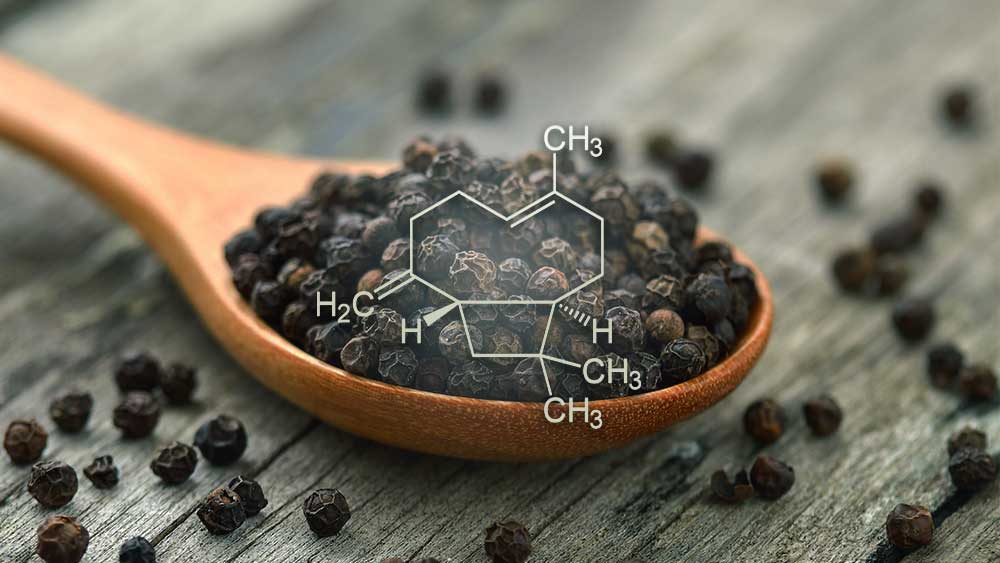
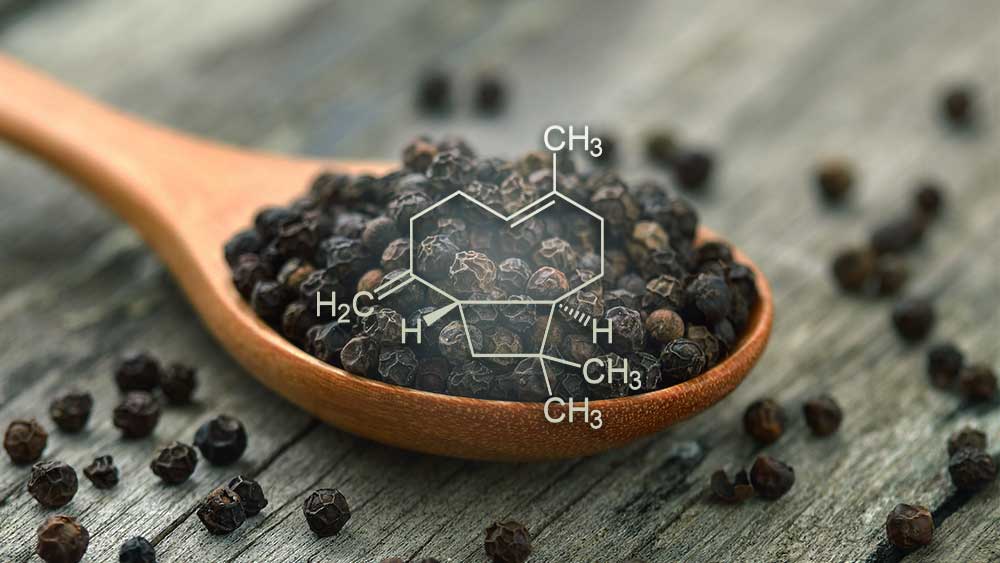
Terpenes provide a wide array of aromatic properties ranging from floral to musky. Caryophyllene, also known as Beta-Caryophyllene, is the primary terpene known for the spicy and peppery aroma that is distinguishable in certain strains. Looking at the spectrum of aroma that comes from terpenes, when it comes to the spicier side of the spectrum, Caryophyllene takes the cake.
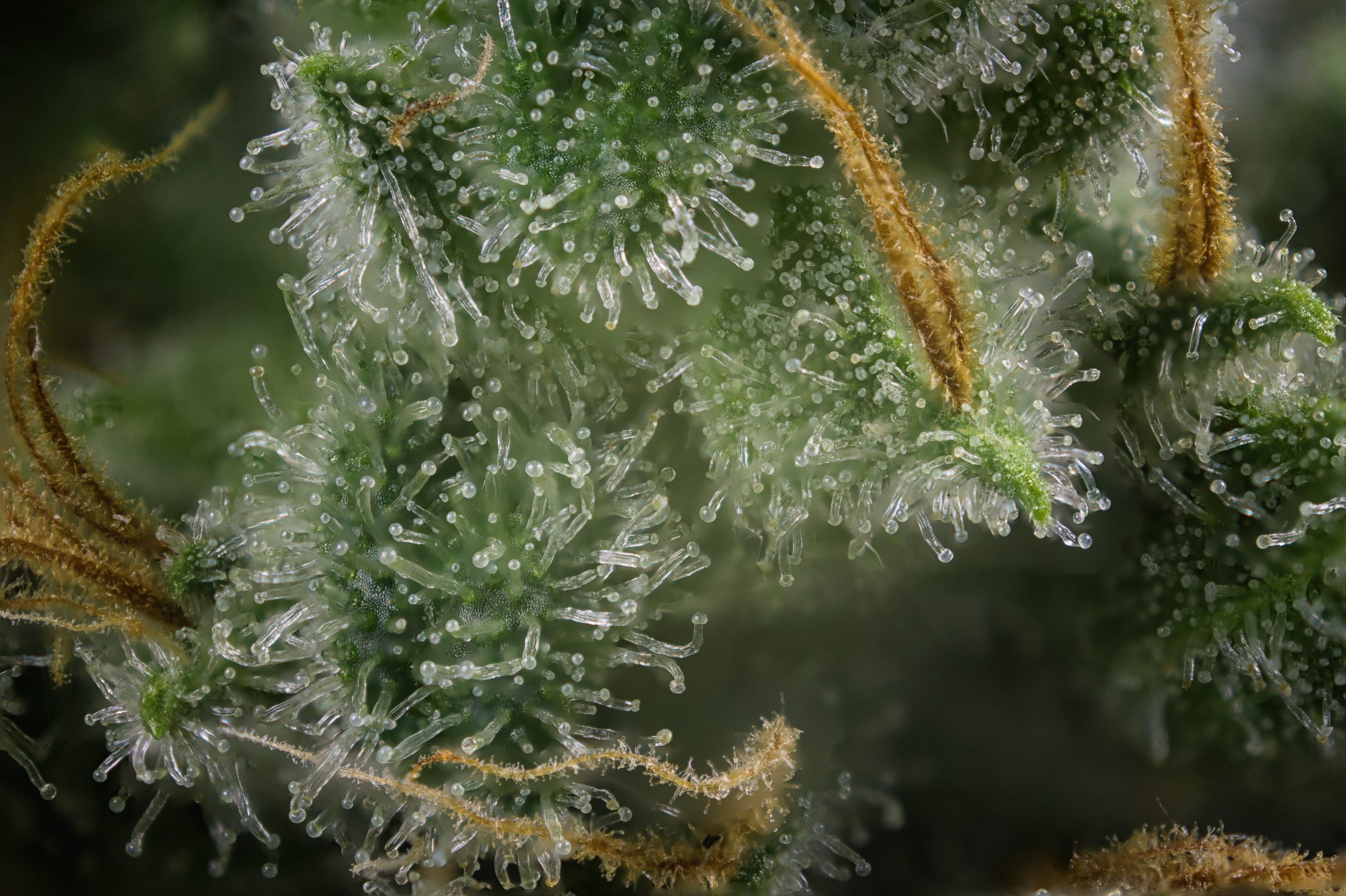
Caryophyllene is most commonly found in black pepper, cinnamon, oregano, cloves and hops. It’s one of the most thoroughly studied terpenes found in cannabis, with research dating back to the 1960s from Harvard researcher and organic chemist, E. J. Corey. Notable as a dietary cannabinoid, Caryophyllene is a frequent natural food additive, providing a sweet taste to enhance citrusy and spicy flavor profiles.
Caryophyllene has been studied to show no known psychoactive effects, but its unique molecular structure makes it the only known terpene to display characteristics of a cannabinoid by directly interacting with the CB2 receptor in the endocannabinoid system. This attributes to Caryophyllene’s powerful anti-inflammatory properties and its ability to potentially treat anxiety and depression. In addition to these properties, Caryophyllene is also widely considered to provide digestive protection, pain relief, and acts as an antibacterial agent.
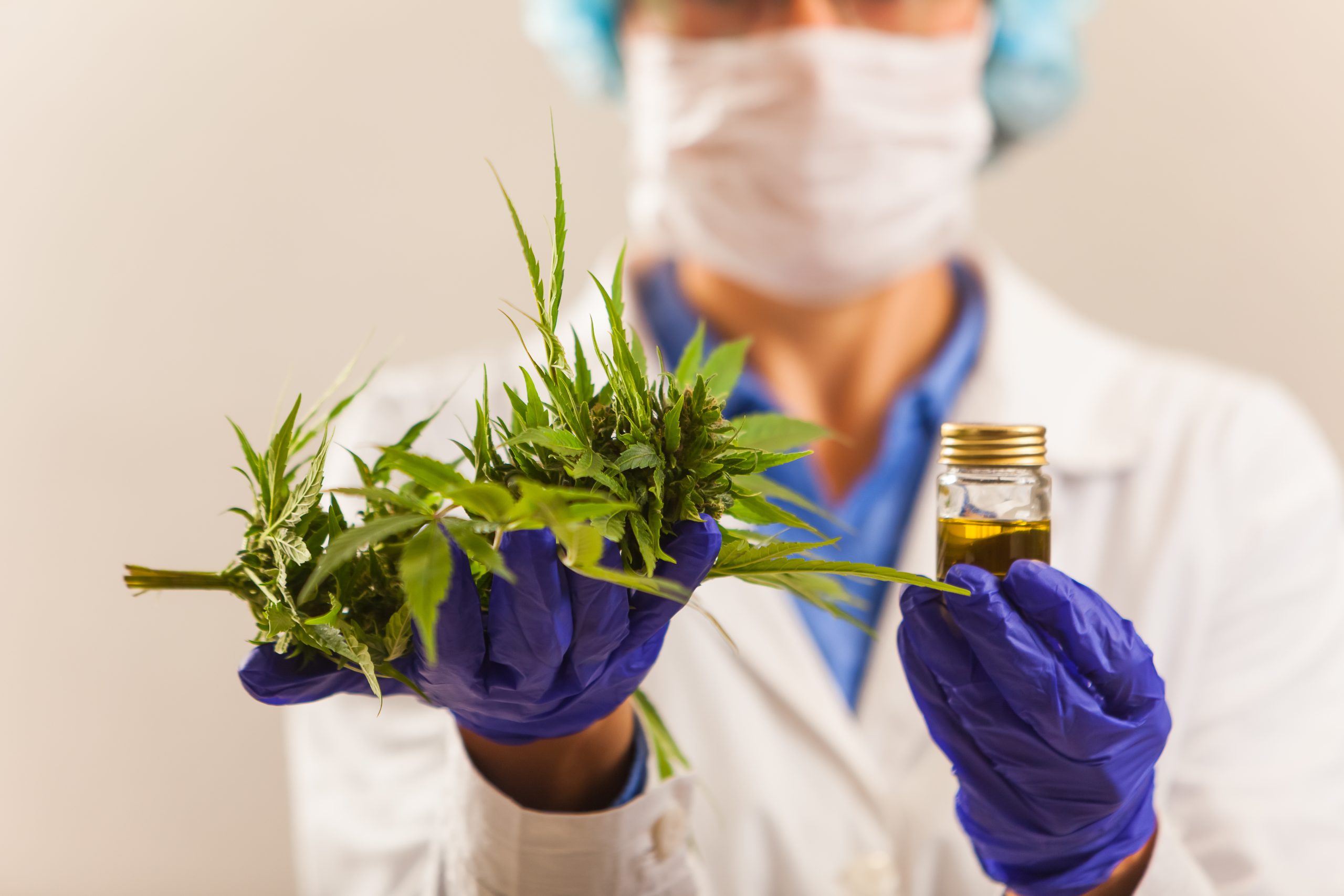
Additional research has been studied to show Caryophyllene’s anti-microbial properties which has been shown to be effective at preventing both the growth and adhesion of the candida fungus. This fungus is commonly found in humans that are taking immunosuppressive drugs and/or undergoing transplants. Cancer patients undergoing chemotherapy treatment are one of the most susceptible groups to fungal and bacterial infections, and the group which stands the most to gain from the benefits of Beta-Caryophyllene.
Caryophyllene strains are generally understood to have a pain-relieving effect as a direct result of inflammation reduction. Due to Caryophyllene’s binding affinity for CB2 receptors in the brain, this terpene may also be able to have substantial effects on brain health and mental well-being. Using strains high in this terpene can create experiences that provide a sense of calm in the gut, which may aid in treating anxiety related issues in addition to a feeling of general well-being.
Promising research has been conducted on animals to uncover the effects of Caryophyllene, however, more research is needed to fully understand its effects on human health, both physically and mentally.
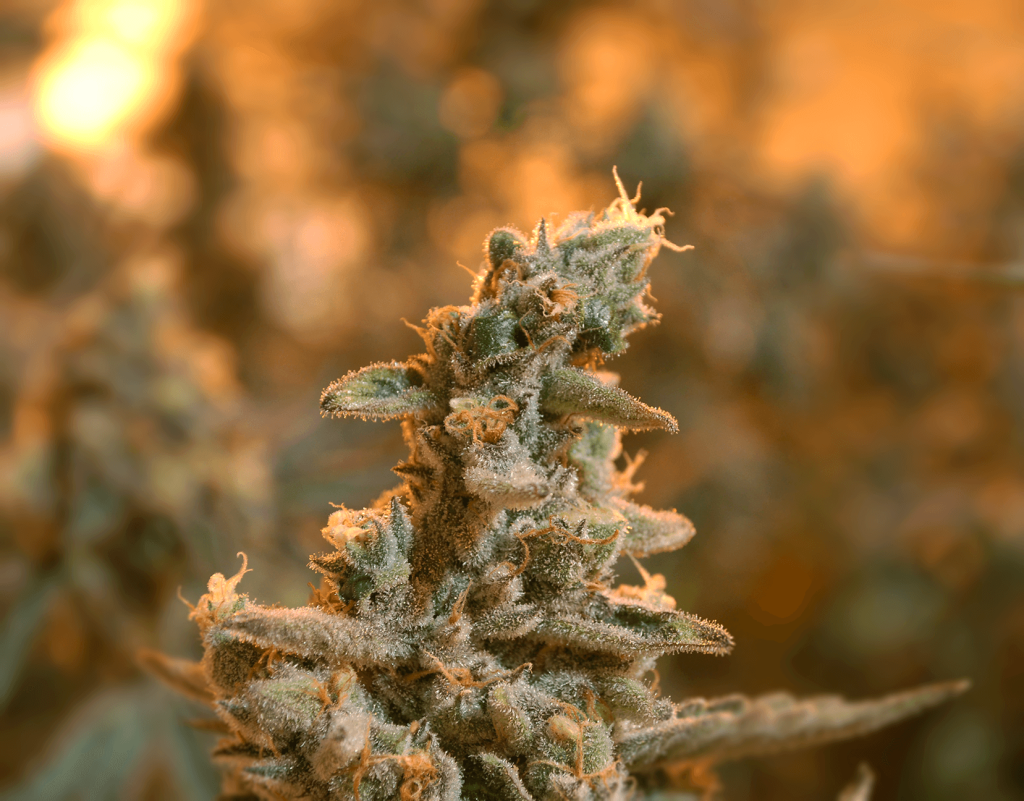
Mass Alternative Care offers a variety of strains sourced from world-renown breeders. Cannabis varieties that contain high concentrations of Caryophyllene include Glue Zauce, Cookies and Cream, Dosidos X Bully Kush, Chemdawg and Punch Breath. For a current menu listing, please view our medical menu and adult use menu.
Stay tuned for upcoming blog posts that dive deeper into each individual terpene found within MAC’s house strains or come spark up a conversation with any of our agents!
well-fed
flower
© 2024 Mass Alternative Care. All rights reserved.
Site by CannaPlanners
We have to ask:
are you 21 or older?
You are not old enough to view this website.